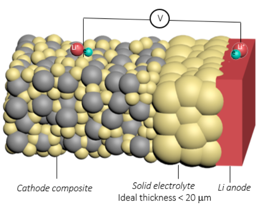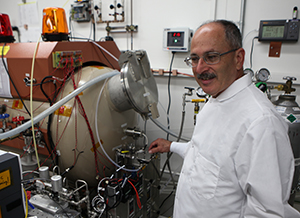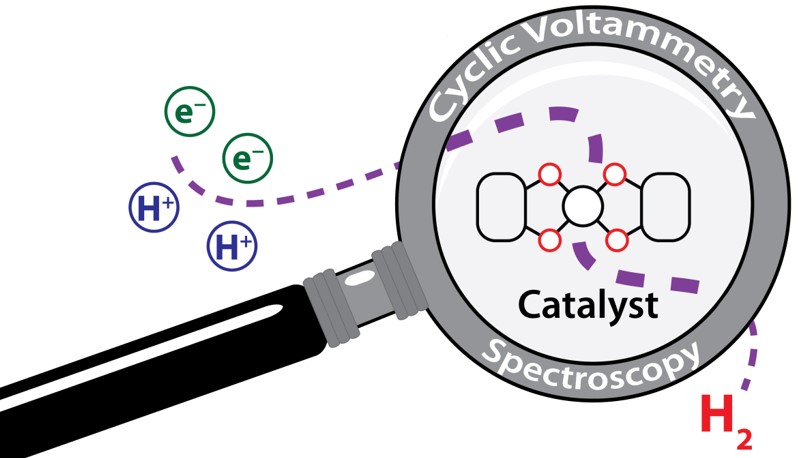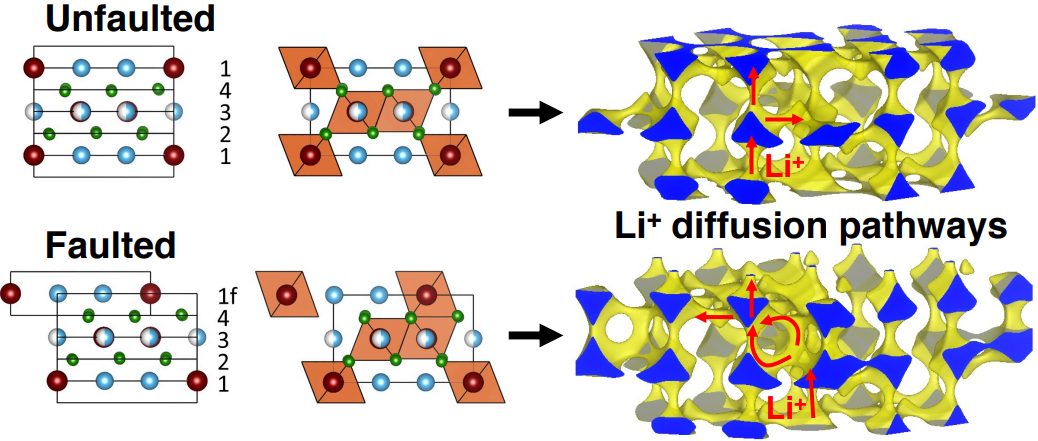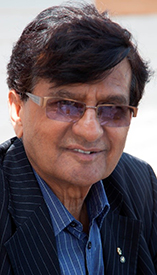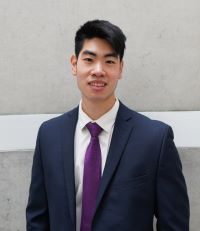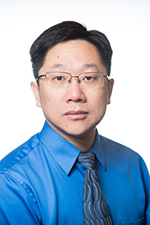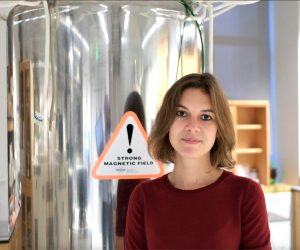 The Electrochemical Society hosted Prof. Raphaële J. Clément’s live online webinar, “From order to disorder: NMR insights into ionic conduction in battery materials,” on October 27, 2021. Below are answers to questions posed during the presentation.
The Electrochemical Society hosted Prof. Raphaële J. Clément’s live online webinar, “From order to disorder: NMR insights into ionic conduction in battery materials,” on October 27, 2021. Below are answers to questions posed during the presentation.
Raphaële Clément is an Assistant Professor in the Materials Department at the University of California, Santa Barbara (UCSB), U.S. She received her PhD in Chemistry in 2016 from the University of Cambridge, UK, working under the supervision of Prof. Clare Grey. Her doctoral work focused on the study of layered sodium transition metal oxide cathodes for Na-ion secondary batteries. She then joined Prof. Gerbrand Ceder’s group at the University of California, Berkeley (UC Berkeley), U.S., focusing on cation-disordered rock salt oxyfluorides for Li-ion battery applications. She joined the UCSB faculty in 2018. Her primary research focus is the development and implementation of magnetic resonance techniques (experimental and computational) for the study of battery materials and beyond, with a strong emphasis on operando tools. She is an Associate Editor for Battery Energy, a new open access journal by Wiley. (more…)


